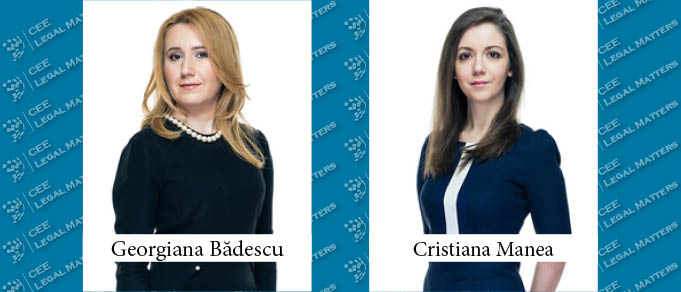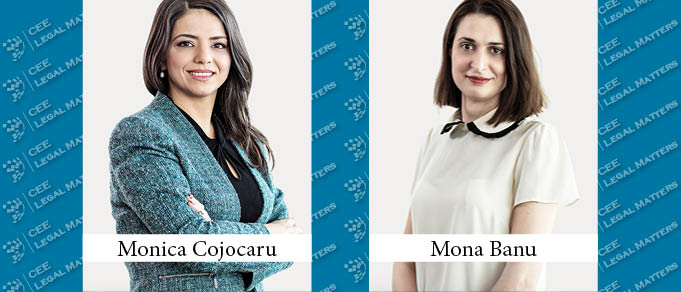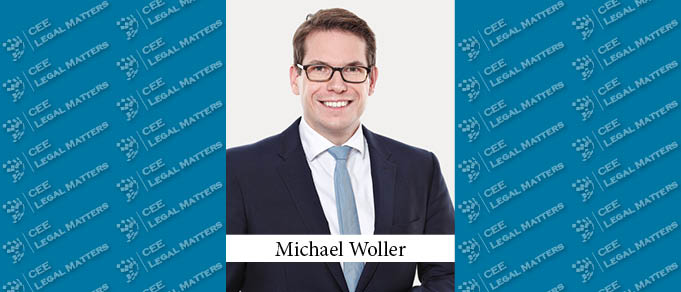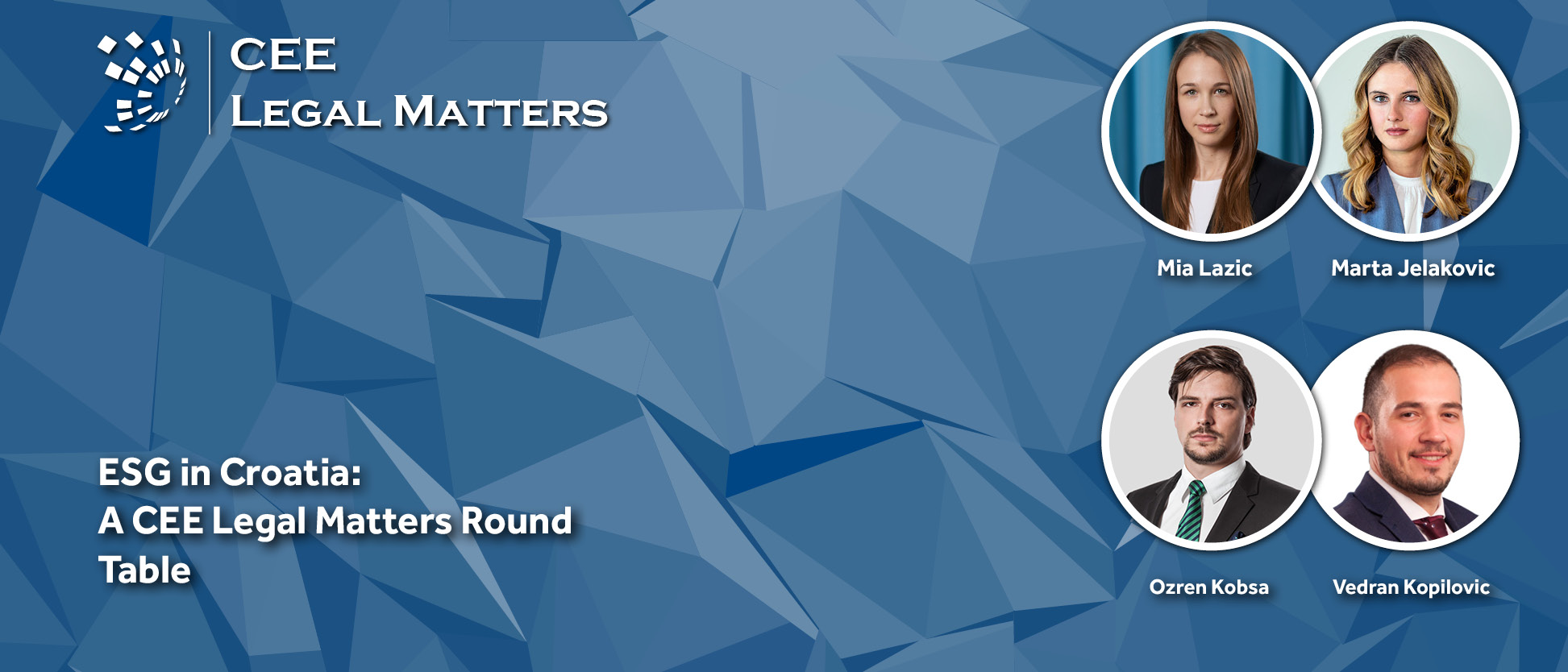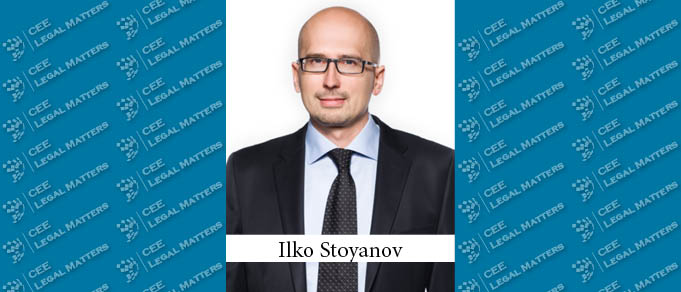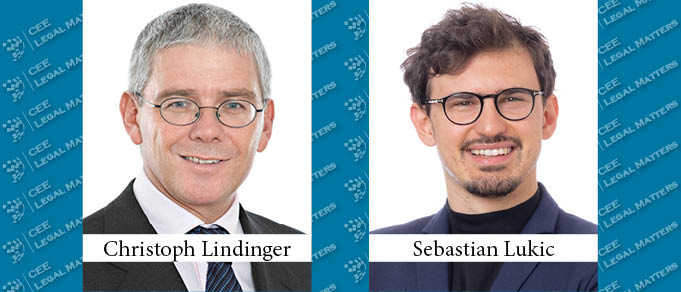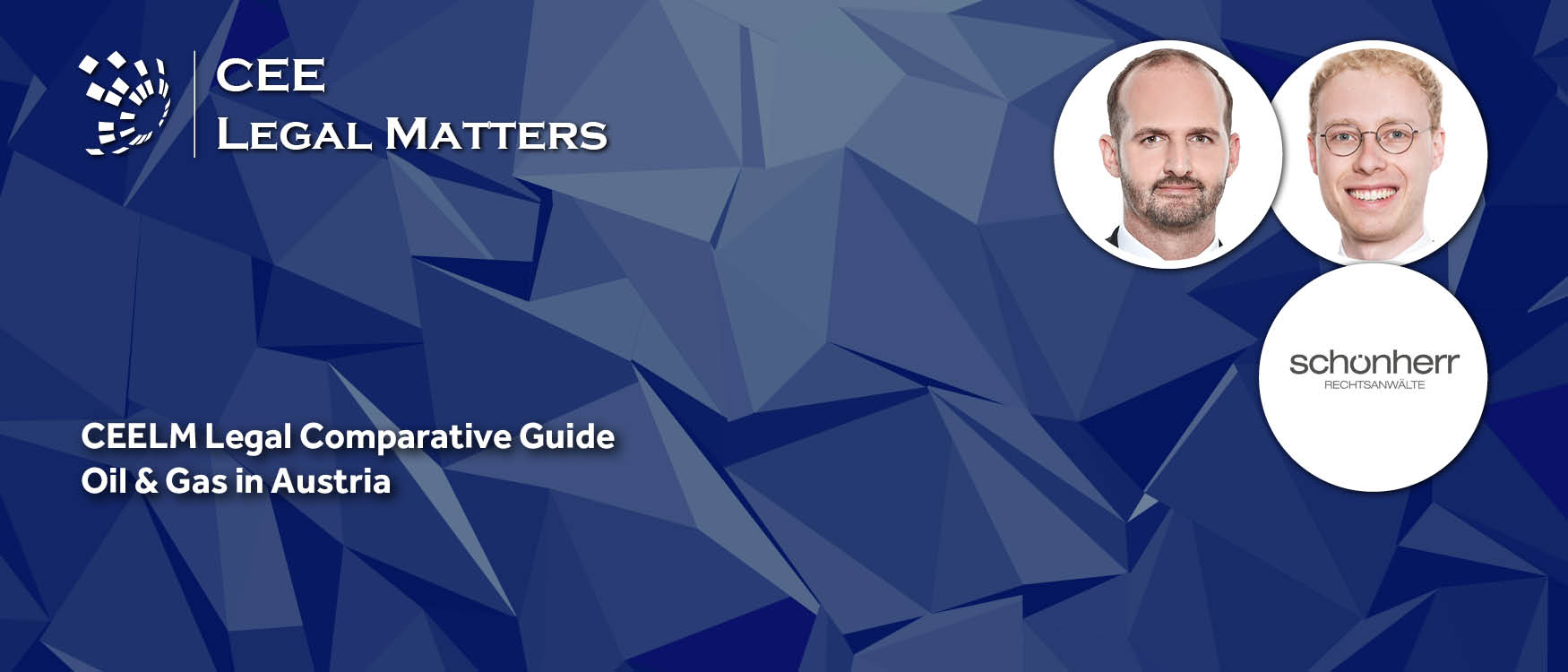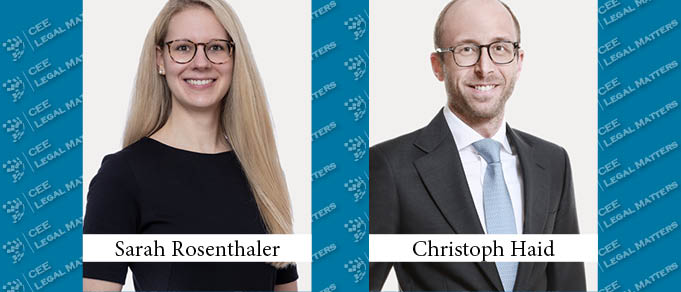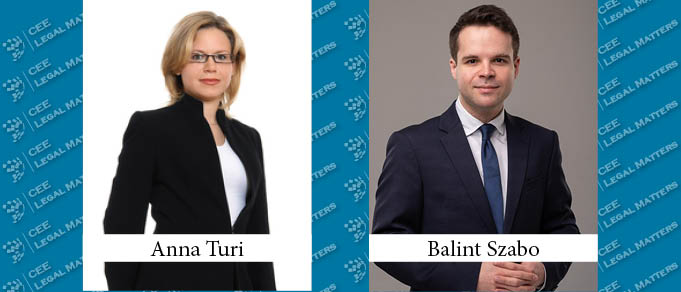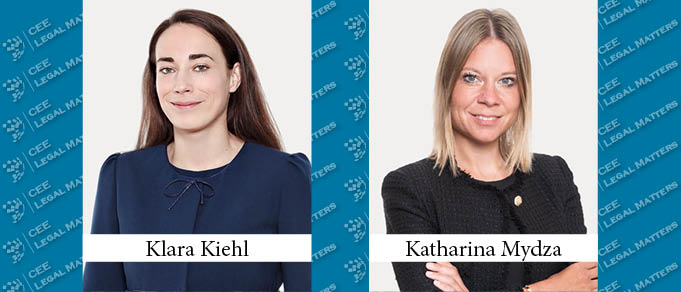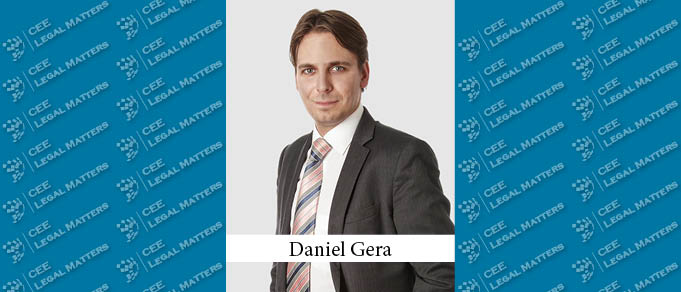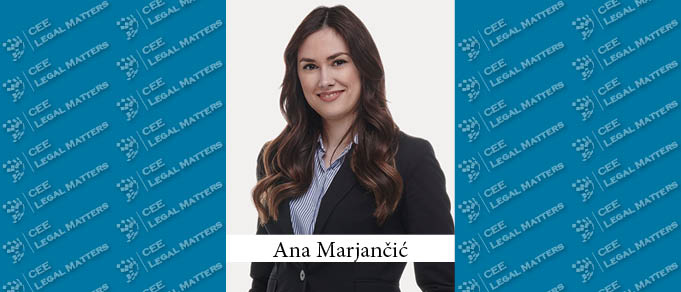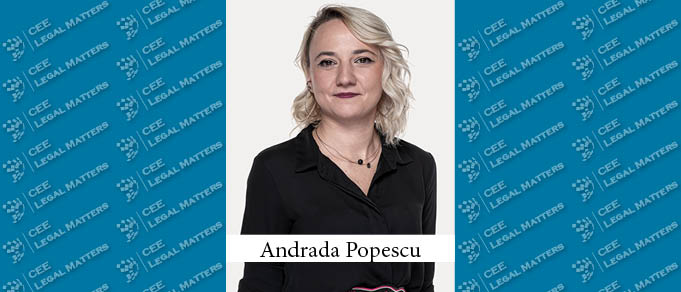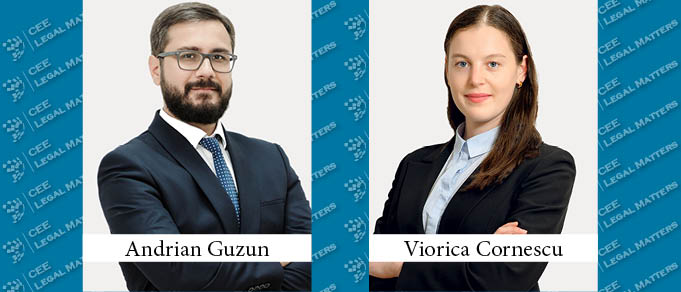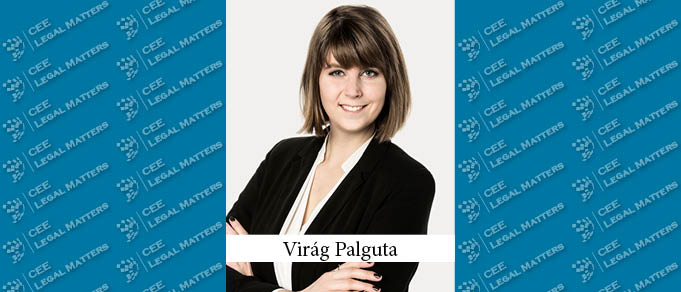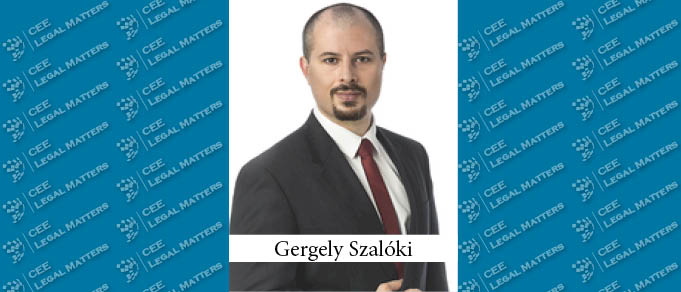After a rather lengthy legislative process, Directive (EU) 2019/633 (the "UTP Directive") was implemented in Romania on 12 April 2022 by Law No. 81/2022 on unfair trade practices (UTPs) between companies within the agricultural and food supply chain (the "UTP Law"). It sets out a new set of rules applicable to food retailers and suppliers that have an annual turnover of around EUR 2m.
Romania Launches New Renewables Support Scheme for Wind and Solar Projects
On 31 March 2022, the Romanian Ministry of Energy launched a call for projects under a new state aid scheme for supporting the development of new wind and solar power plants, with or without integrated power storage capacities (the "Support Scheme").
EU: Advertorials May Increasingly Become the Target of Unfair Competition Claims
In a preliminary ruling following a request by the German Federal Court of Justice (case C-371/20), the Court of Justice of the European Union (CJEU) interpreted Point 11 of Annex I to the Unfair Commercial Practices Directive (Directive 2005/29/EC; UCP-Directive). This provision aims at preventing the use of editorial content in the media to promote a product where a business has paid for the promotion without making this clear in the content or through images or sounds clearly identifiable by the consumer (advertorial).
ESG in Croatia: A CEE Legal Matters Round Table
On February 24, four leading lawyers in Croatia sat down for a virtual round table moderated by CEE Legal Matters Managing Editor Radu Cotarcea. The conversation focused on the current state of affairs of ESG in the country at the moment and the challenges of raising awareness in the topic.
The Buzz in Bulgaria: Interview with Ilko Stoyanov of Schoenherr
War-related concerns have put the new government’s plans and a number of business transactions on hold, according to Schoenherr Local Partner Ilko Stoyanov.
Why International Law Effectively Protects Investments in Russia
The truth is rarely pure and never simple. But in the case of Russia's military operation in Ukraine, it just might be. Russia breached Article 2(4) of the UN Charter, which prohibits the use of force against the territorial integrity or political independence of any state. Russia's acts have prompted the EU, the UK and the US to impose economic sanctions, such as freezing assets and disconnecting Russian banks from the SWIFT international payments network. Whilst the number of private businesses that are halting their activities in Russia is steadily growing, Russia has adopted a law paving the way for expropriations of assets of foreign firms that leave the country following economic sanctions. But what can foreign companies do if Russia proceeds to take their assets, if they are unable to freely transfer returns from investments out of Russia or if their profits collapse?
Oil & Gas Laws and Regulations in Austria
Contributed by Schoenherr.
Russia's Invasion of Ukraine, Its Impact on Gas Supplies Procured by Austrian Manufacturing Companies and Force Majeure
Russia’s invasion of Ukraine represents one of the worst security crises in Europe. It is also expected to have far-reaching implications for the global economy, particularly given Russia’s role as the world’s second-largest producer of natural gas. Sanctions will mean higher energy prices in Europe.
Digital Market in the Crosshairs
The Hungarian Competition Authority ordered online shop Alza to compensate consumers for a total amount 11 times as much as the fine to be paid to the HCA.
What to Expect from the Hungarian Competition Authority in 2022?
The Hungarian Competition Authority ("HCA") has published a summary report of its 2021 activities. The HCA opened 51 competition proceedings against 124 undertakings, almost 25% more than in the previous year, and 42 cases were closed in 2021.
New Sanctions Regime against Russia
In view of the gravity of the current situation in Ukraine, the EU has introduced further restrictive measures related to Russia's finance, defence, energy, aviation, and space sectors. This Legal Insight will give you a brief overview of the sanctions regime as of 27 February 2022.
Daniel Gera Makes Local Partner at Schoenherr
Former Counsel Daniel Gera has been promoted to Local Partner with Schoenherr’s office in Hungary as of February 1, 2022.
Revised UTPs Act in Croatia Becomes Fully Applicable in March. Have You Aligned Your Agreements with Suppliers?
Back in September 2021, the revised Act on the prohibition of unfair trading practices in the business-to-business food supply chain (the "UTPs Act") entered into force. As in all other EU Member States, the Croatian UTPs Act was revised to bring Croatia's legal framework in the area of unfair trading practices in business-to-business relations in the agricultural and food supply chain into compliance with the UTPs Directive.
Romania: On-Call Work, Working Time or Rest Time?
Often associated with public sector emergency services, on-call work is being increasingly used by private sector employers to meet their business needs and ensure that unexpected problems or requests are immediately resolved.
Moldova: GDPR - Almost There
On 11 November 2021, the Moldovan Parliament passed a series of legal amendments ("Law 175/2021"), including to the existing Law on Personal Data Protection. Law 175/2021 entered into force on 10 January 2022 and partially transposes the European Union's General Data Protection Regulation ("GDPR").
Recent Legal Developments in Connection with Crowdfunding
The crowdfunding regulation of the European Union (Regulation (EU) 2020/1503 on European crowdfunding service providers for business, "ECSPR") entered into force on 10 November 2021, which was a long-awaited legal development both within the European Union and on the Hungarian market. Even the Hungarian National Bank suggested in its Fintech Strategy that a regulatory framework for crowdfunding would be essential to assist financing of SMEs and therefore, enhancing competitiveness on the Hungarian market. Prior to the ECSPR, there was no uniform crowdfunding regulation within the European Union and Hungary did not have a regulatory framework for crowdfunding; thus, the Hungarian National Bank had to assess such activity pursuant to the already existing rules. The ECSPR established a directly applicable and uniform regulatory framework aiming to facilitate cross-border provision of services. We summarize below the latest legal developments in connection with the ECSPR.
Measures to Boost Hungarian Green Lending
The MNB has launched its Green Program early 2019 to mitigate the risks associated with climate change and other environmental problems, to expand green financial services in Hungary, to widen the related knowledge base in Hungary and abroad, and to reduce financial market participants’ and its own ecological footprint. The Green Program relating to green financial services consists of several initiatives from analyzing the current situation of green financing to incentivizing the financial market participants to operate greener and engaging in green financial services (mainly loans and bonds).
Hungarian National Bank Issues Green Bond Guideline
The Hungarian National Bank ("MNB") issued a guideline this January to assist market participants in the issuances of green bonds. This guideline is one of the measures that the MNB introduced under its Green Programme, which it launched in early 2019 to mitigate the risks associated with climate change and other environmental problems, to expand green financial services in Hungary, to widen the related knowledge base in Hungary and abroad, and to reduce financial market participants' and its own ecological footprint. The Green Programme relating to green financial services consists of several initiatives, whose range continues to expand both in the banking sector and in capital markets with the sole aim of promoting green finance.

